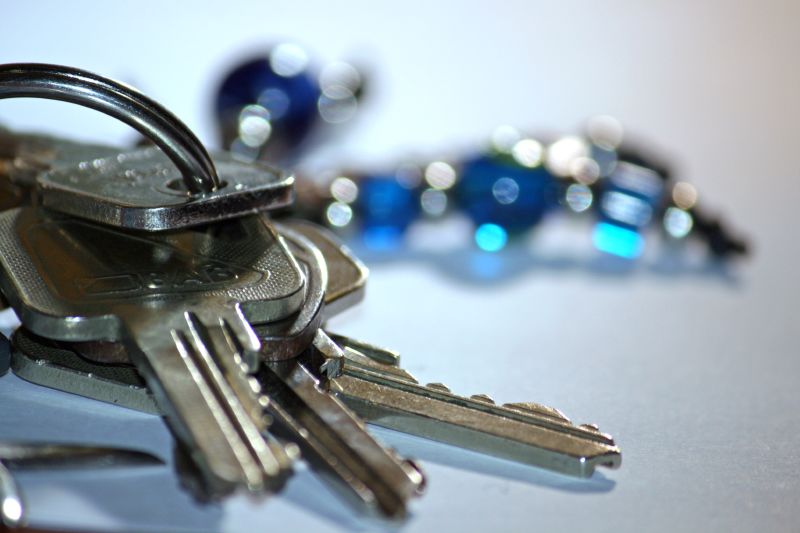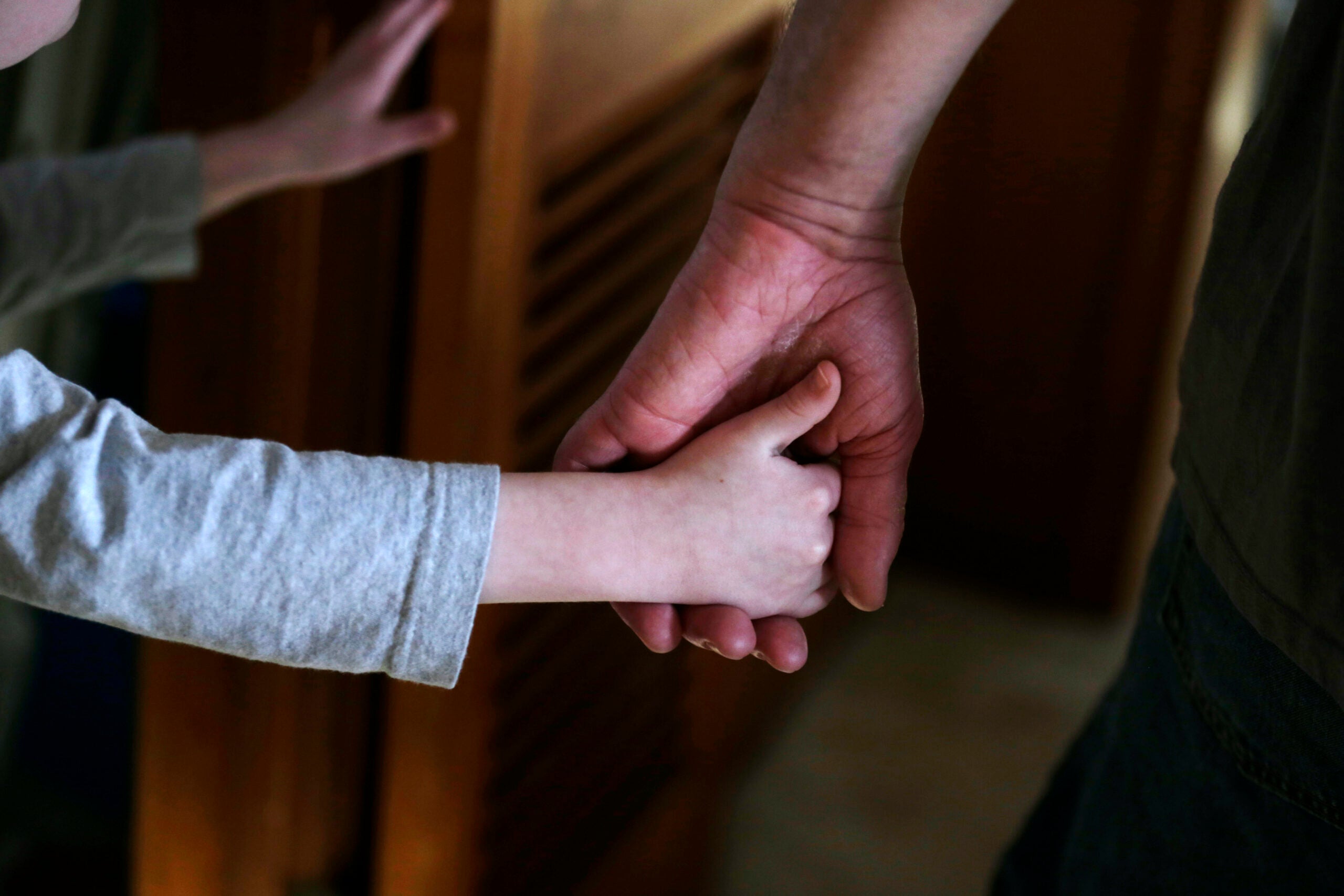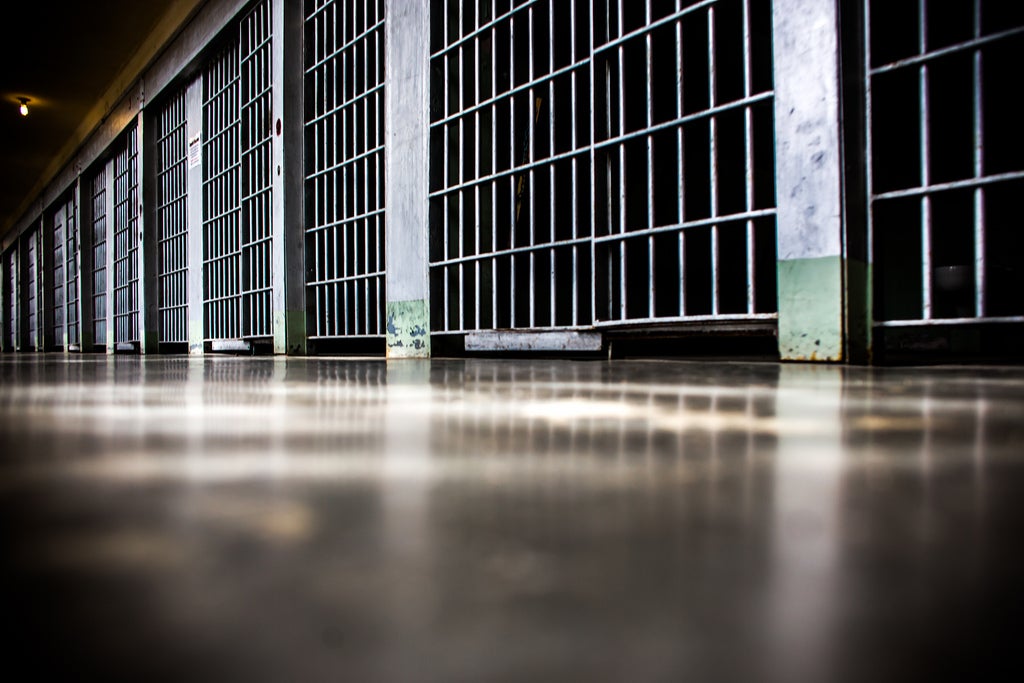A new report shows “extreme” disparities between the economic outcomes of different races in Wisconsin. The author of the report speaks with us about the findings. We also talk with the author of a book on Michelle Obama, who says she has redefined ideas about beauty, strength, and the role of the First Lady. Plus, we talk to the recipient of an award for being an influential African American about her social justice work.
Featured in this Show
-
Madison's M Adams Named One Of Wisconsin's Most Influential African-Americans
For the second year in a row, the online nonprofit magazine, Madison365, published a “Black Power list” naming the most influential African-Americans in Wisconsin.
One of the 44 names on the Black Power 2016 list is Freedom Inc. co-executive director M Adams.
Adams’ work with the Madison-based organization Freedom Inc., which centers around helping low-income communities of color. She said the grassroots nonprofit responds to community needs in part by creating programs specific to developing leadership skills.
“We’ve developed a whole host of programs that are racially specific and also gender specific that look at a person’s whole life comprehensively,” she said. “We have particular services around getting people help, manag(ing) the crises that they’re experiencing, whether that’s the domestic violence services, sexual assault services or other services needed.”
And then we also have culturally-specific programs that really looks at, ‘OK, so how is my personal life connected to broader issues of social change?’”
Adams emphasized supporting groups with intersecting identities and gave examples of “black women, black queer people, black people with disabilities, (and) black low-income folks.” She said creating change for people who might be disadvantaged in more ways than one face injustices on a larger scale.
“You could very well solve the issues for a very small community, for the people that are not the most marginalized, and everyone else will still be suffering,” she said.
Freedom Inc. offers a range of programs. One program, People Like Us, aims to support and teach leadership skills for black and Hmong youth of color who identify as LGBT. Another is Freethinkers, a group for African-American young adults who want to educate themselves through reading and discussing literature specific to liberation, according to the nonprofit’s website.
While Adams described Freedom Inc. as a group that is “not resource rich” with the money to pull people out of economic challenges, she said the group’s work cultivating leadership so people can take a systematic approach to help their own communities has gotten a positive response.
She gave the example of people who worked with Freedom Inc. going on to create cooperatives and “alternative structures” they believe would be less hurtful to their communities.
The nonprofit has become involved in local policy issues, everything form creating housing opportunities to developing space for urban gardening. But Adams also said beyond keeping track of policy, a key way to ensure Freedom Inc.’s goals are met is to ensure the continued development of leaders who will target issues that have been around for a long time.
“Because these are long and deep-seated issues, it’s going to take a movement to undo them. And the movement work is lifelong work,” Adams said.
Adams was a member of the first delegation to the White House for the LGBT Leaders of Color Summit, according to Madison365, and was a United States delegate to the United Nation’s 2014 Committee on the Elimination of Racial Discrimination.
Other influential African-Americans named in this year’s list have a range of professions and ages. University of Wisconsin-Madison’s Men’s Basketball forward Nigel Hayes, who has been outspoken about discrimination and racial injustice, was among the first to be named to the list. Another is Everett Mitchell, the third African-American judge in Dane County Circuit Court, according to Madison365.
-
M Adams Wins Award For Being Influential African American In Wisconsin
On Monday M Adams received an award for being an influential African American in Wisconsin. The activist is part of Freedom Inc, a grassroots nonprofit that seeks to end violence within and against low-income communities of color. She’s also a co-founder of the Young, Gifted and Black Coalition. We talk to M about her work and what she hopes to accomplish in 2017.
-
A Look Back At America's First Lady: Michelle Obama
The editor of a new book of essays about First Lady Michelle Obama says Michelle has challenged traditional ideas about what it means to be beautiful, to be strong, to be First Mom and Partner to the most powerful man in the world. We talk with her about “The Meaning of Michelle.”
-
Wisconsin Lags Behind The Nation In Alleviating Racial Disparity
Wisconsin is one of the worst states for racial disparities in the nation according to an updated report from the Center on Wisconsin Strategy–or, COWS. We’ll speak with COWS Associate Director Laura Dresser about the report and about some solutions to reduce inequity.
-
Wisconsin Considered One Of The Worst States For Racial Disparities
When it comes to disparities between black and white communities, Wisconsin is considered one of the worst states in the nation for racial inequality, according to a report released this month by The Center on Wisconsin Strategy, or COWS. The original report was published in 2013 but has been updated with data from 2016.
Laura Dresser, the Associate Director of COWS who helped author the updated report, said the new data paints a “grim picture” of progress in Wisconsin.
“Wisconsin regularly ranks among the worst in the nation on all kinds of indicators,” Dresser said.
These indicators include disparities in unemployment, income and education. But the report also takes disproportionately high rates of incarceration among the black community into account.
And between 2013 and 2016, the gap seems to be holding strong.
“We’ve updated the data,” Dresser said. “And that picture is pretty consistent. It’s pretty bad news across the board in terms of the distance between the black and white population.”
In terms of economic disparities between the black and white communities, one of the starkest indicators of inequality in Wisconsin is unemployment. As a general rule, unemployment is when adults are without a job but are actively seeking work.
According to data from 2015, white workers made up slightly less than 4 percent of the state’s unemployed population. In contrast, almost 12 percent of African-American workers in Wisconsin were unemployed.
“When you hear talk of how low unemployment rates are — and they are generally around 4percent or just below. That’s true of the overall population,” Dresser said. “But the black unemployment rate is nearly three times higher.”
Nationwide, she said, there are only two states that fare worse than Wisconsin: Connecticut and Minnesota.
But just as the unemployment rate in Wisconsin is lacking, the state is also hurting in terms of income inequality, in this case, COWS looked at the median household income statewide.
Dresser clarified that median household income encompasses all households in the state and does not only include families.
Overall, the median household income in the state is more than $55,000. However, when people parse out the data to take the racial makeup of a household into account the median income shifts dramatically.
The white households the median income is slightly more than $58,000 annually. That puts the median white household income above Wisconsin as a whole. However, for black households that figure drops dramatically, with the median household income coming out to $29,000 annually. This means that the median income for a black household is half of what a white household earns annually.
Compared to similar median household incomes nationwide, Wisconsin ranks as the third worst. Minnesota and Louisiana are the only other states that have larger gaps in median income.
For members of the black community, this income inequality can affect impact all aspects of life. Dresser said that this is especially true for families.
“I think most folks who are living close to — or below — $29,000 know the kind of stress and problems that lower incomes — if you have kids — can lead to,” she said.
She points to concerns surrounding neighborhood safety, the ability to pay for services such as health care, and more can have a profound impact a family or household’s quality of life.
This is especially true with families living at or below the federal poverty line of $24,300 (note: for a family of two adults and two children). According to the COWS report, child poverty in the Black community is markedly higher compared to the White community.
“Four in 10 (black) kids in this state are living in poverty,” Dresser said. “Living in situations where getting to the end of the month; getting food on the table, health care, and utilities are very hard questions.”
Dresser said, one-in-10 white children face poverty in the state making Wisconsin the second worst in the country behind Minnesota.
While the figures paint a bleak picture of the state of racial inequality between the black and white communities in the state, Dresser said these outcomes are not inevitable. She said, historically while there have always been disparities between the communities, Wisconsin slide to the bottom happened over time.
She points to the loss of decent paying jobs, particularly those in manufacturing in the Milwaukee area, as being one part of a larger issue.
But she said that investments in public transportation and the Milwaukee school system could likely help ease those racial disparities over time.
Editor’s note: This story has been updated to reflect that according to 2015 data, white workers made up slightly less than 4 percent of the state’s unemployed population, not 4 percent of the overall state population.
Episode Credits
- Rob Ferrett Host
- Veronica Rueckert Host
- Amanda Magnus Producer
- Veronica Rueckert Producer
- J. Carlisle Larsen Producer
- M Adams Guest
- Veronica Chambers Guest
- Laura Dresser Guest
Wisconsin Public Radio, © Copyright 2025, Board of Regents of the University of Wisconsin System and Wisconsin Educational Communications Board.



